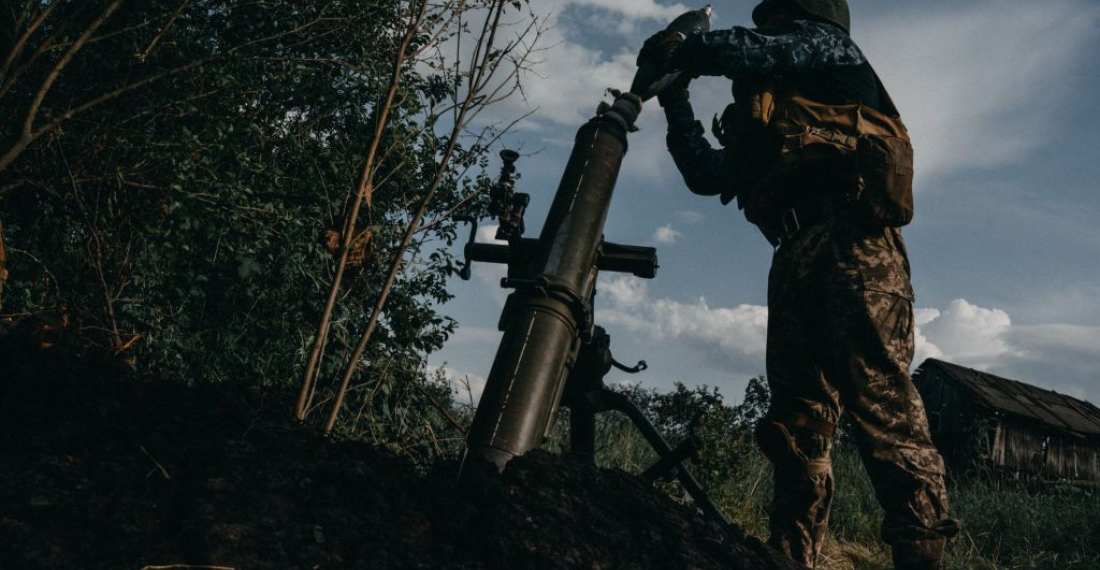Ukraine's counteroffensive against occupied Russian positions in the east and south of the country have continued in recent days, with Ukraine making small but steady gains in all directions, according to Ukrainian authorities.
On Monday (26 June), Deputy Defense Minister Hanna Maliar confirmed that Ukrainian forces had liberated one of two settlements in Donetsk Oblast called Rivnopil, with the liberated one being located close to the border with the neighbouring Zaporizhzhia Oblast.
The Kyiv Independent writes that Rivnopil is the ninth settlement liberated by Ukrainian forces, in what has been a slow but steady counteroffensive that began in the early days of June. The other settlements recaptured by Ukraine include Lobkove, Levadne, Piatykhatky, and Novodarivka in Zaporizhzhia Oblast and Donetsk Oblast's villages of Neskuchne, Storozheve, Makarivka, and Blahodatne.
Elsewhere, on the Bakhmut axis in the eastern Donetsk Oblast, both the U.K. Ministry of Defense and Maliar reported Ukrainian advances. According to Maliar, over the weekend, Ukrainian troops have advanced around 1-2 kilometers toward Orikhovo-Vasylivka, Bakhmut, Bohdanivka, Yahidne, Klishchiivka, and Kurdiumivka.
The U.K. Defense Ministry has also said that Ukrainian forces have "gained impetus" by advancing on the northern and southern flanks of the city, which has been almost totally destroyed during months of fighting which saw Russia eake out a grinding and extremely costly offensive.
Meanwhile, in his nightly address on Monday, Ukrainian President Volodymyr Zelensky said "today, our soldiers have made progress in all areas, and this is a happy day. I wish them more such days."
U.S. gives Ukraine 41st round of military aid
Separately, the U.S. yesterday announced their 41st security assistance package to Ukraine at a value of $500m.
The package will include infantry fighting vehicles, armoured personnel carriers, and munitions for HIMARS launchers, anti-tank weapons, and anti-aircraft systems, according to Reuters.
The equipment will come from the U.S. excess inventory.
source: commonspace.eu with agencies
photo: Wojciech Grzedzinski/Anadolu Agency via Getty Images






